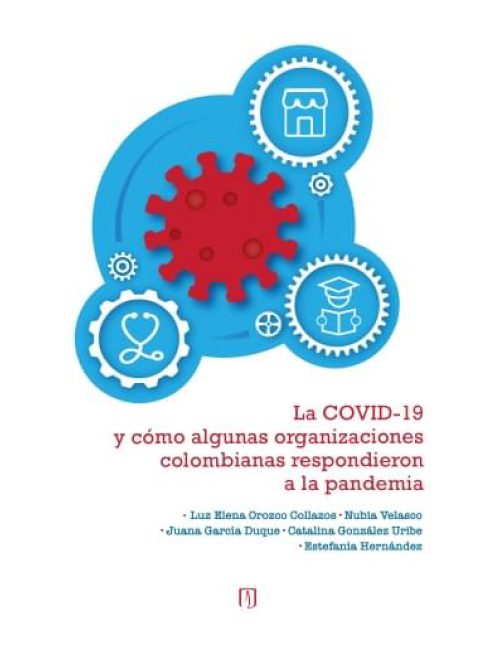En este libro conocerá la respuesta a algunas preguntas como las siguientes: Suponga que usted se hace un examen médico de diagnóstico para una enfermedad. El examen tiene una confiabilidad del 90%. Si su examen sale positivo ¿tiene una probabilidad del 90%de haber contraído la enfermedad? ¿Si entre A y B, usted prefiere A, prefiere también un 25% de A frente a u 25% de B? Si entre A y B usted prefiere A ¿quiere eso decir que ofrecería un precio mayor por adquirir A que B? ¿Bajo qué condiciones tendemos a mostrar propensión al riesgo en lugar de la aversión al riesgo que se supone es la actitud típica del inversionista financiero? Si después de un periodo de intenso dolor se puede suspender el mismo o disminuirlo durante un tiempo adicional, ¿Cuál de esas dos posibilidades prefieren quienes han experimentado ambas? ¿Pueden cambiar las decisiones tomadas dependiendo de las palabras utilizadas para formular las preguntas o presentar la información? ¿Puede una marca aumentar su participación en el mercado al entrar una marca nueva a competir? Algunas de las respuestas a las preguntas anteriores nos hacen dudar si verdaderamente somos tan sabios y racionales como nos gusta pensar Qué somos. Algunas investigaciones parecen ponerlo en duda.
In this book, you will know the answers to questions such as the following: Suppose you have a diagnostic medical exam for a disease. The exam has a reliability of 90%. If your test is positive, do you have a 90% chance of having contracted the disease? If between A and B, you prefer A, do you also prefer 25% of A versus 25% of B? If you prefer A between A and B, does that mean that you would offer a higher price for acquiring A than B? Under what conditions do we tend to show risk propensity rather than risk aversion that is assumed to be the typical attitude of the financial investor? If after a period of intense pain it can be stopped or reduced for an additional time, which of these two possibilities do those who have experienced both prefer? Can decisions made change depending on the words used to ask the questions or present the information? Can a brand increase its market share by entering a new brand to compete? Some of the answers to the previous questions make us doubt if we really are as wise and rational as we like to think what we are. Some research seems to question it.



